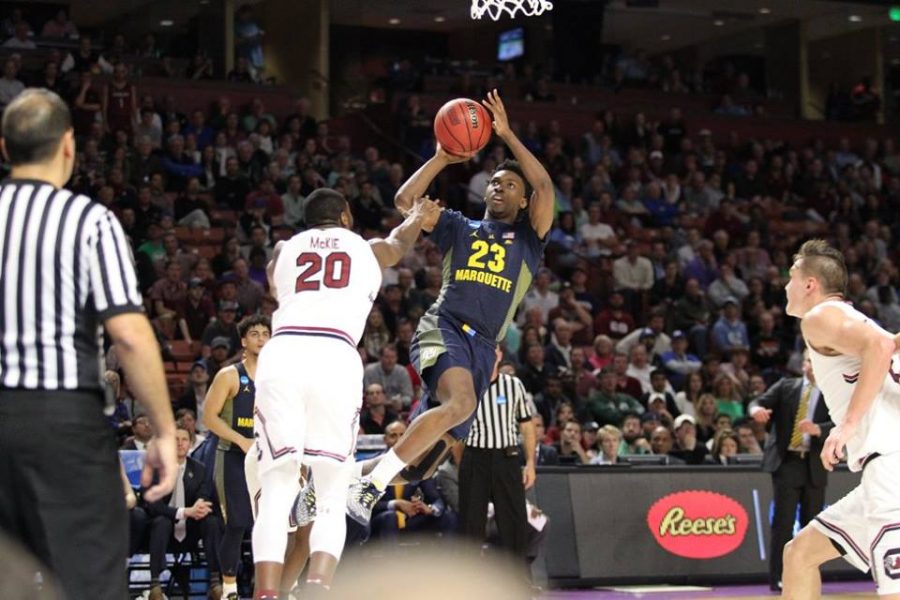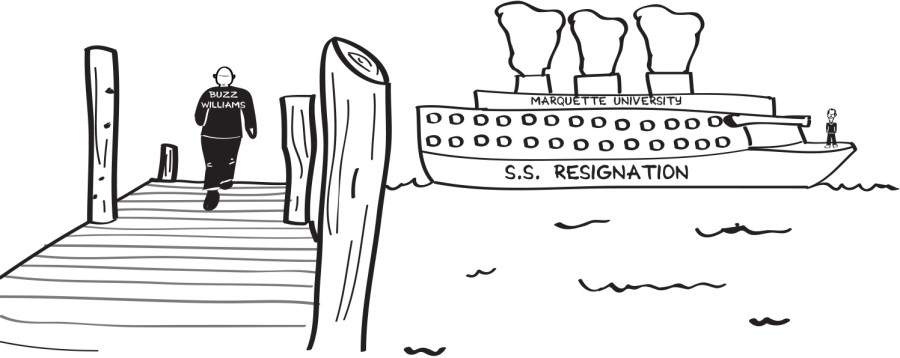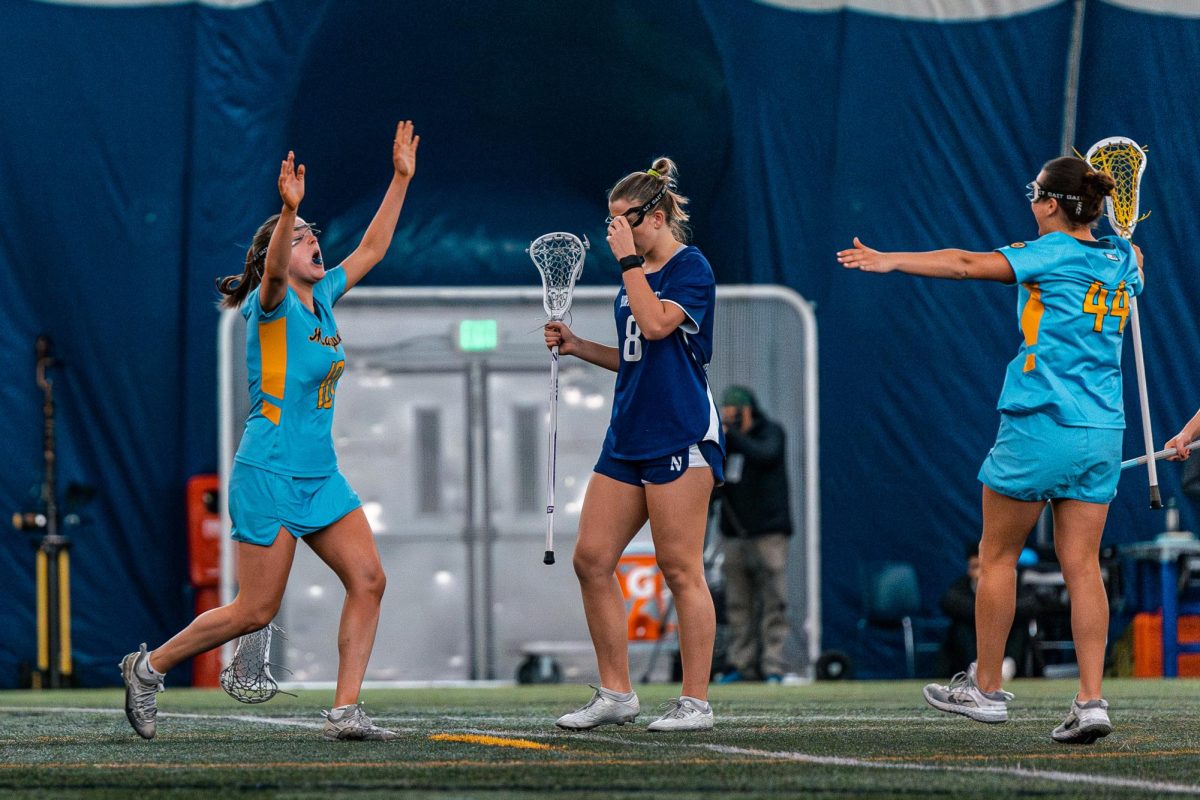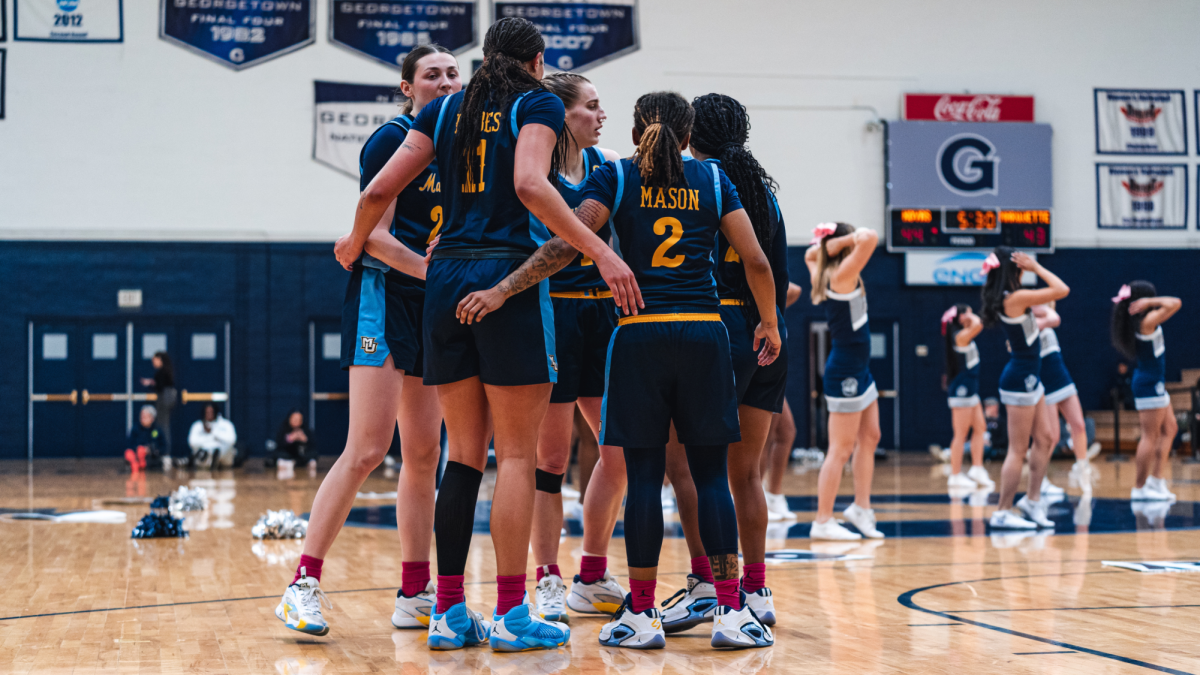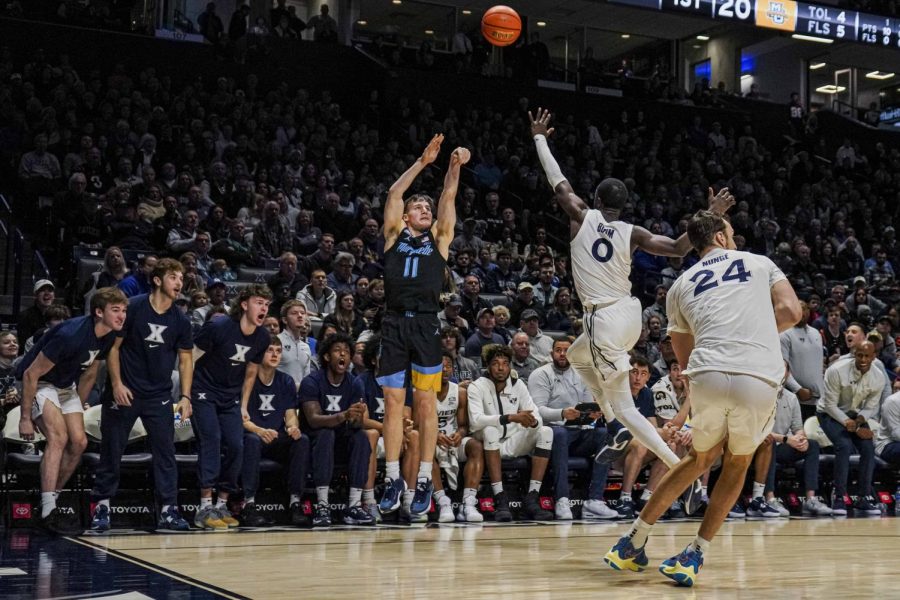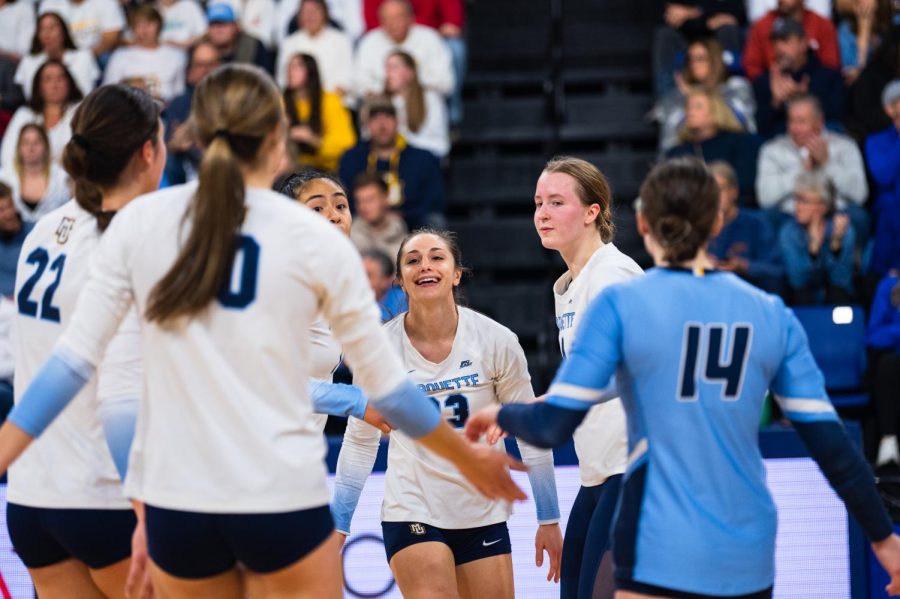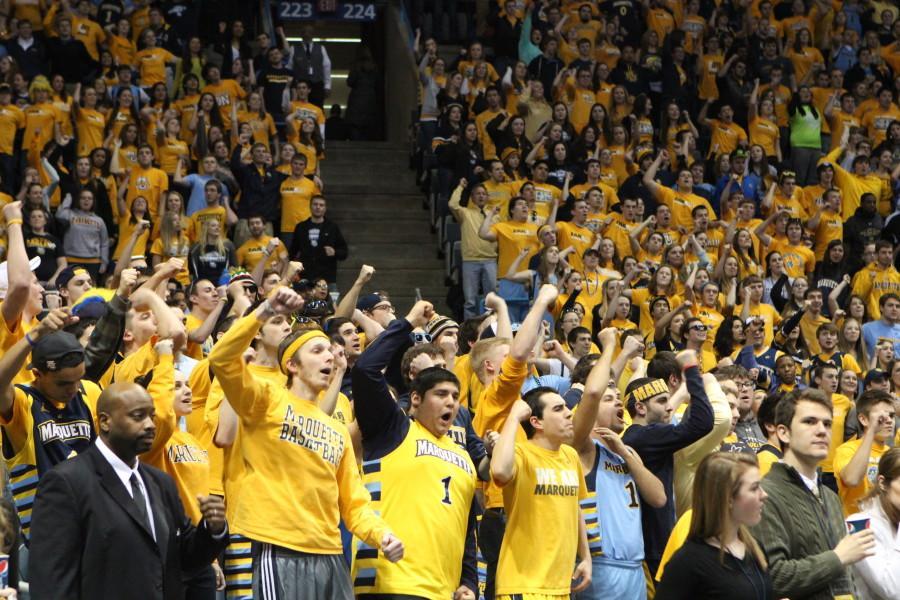Back in December, Marquette decided to withdraw its athletic program from the Big East Conference along with six other Catholic schools (DePaul, Georgetown, Providence, Seton Hall, St. John’s and Villanova) to form the Catholic 7. This move and the changes by other schools are not centered on track and field or cross-country programs, but the teams will experience changes as a result.
The way teams have developed in the Big East have allowed for them to be separated into a group of about five top powerhouses, three or four average teams and then everyone else. The Golden Eagles have found a way to consistently battle for a spot in the middle of the conference in the last few years.
Syracuse and Pittsburgh were the first two teams to declare their exit from the Big East for the Atlantic Coast Conference. Pittsburgh was a contender in the conference with a strong sprinting squad early in the 2000s but lately has declined with just some individual success. Distance success is a long way away for the Panthers with a heavy focus on sprints.
On the other hand, Syracuse managed to put together a strong distance core and contended each year on the women’s and men’s side of competition. The men made their exit in grand fashion at the 2012 Big East Cross-Country Championship by snagging the title.
After the meet, head coach Chris Fox told Flotrack he was excited about what is next in the team’s future and he would not miss running at Van Cortland Park. The Orange should compete well in cross-country with the ACC.
Similarly, when Notre Dame decided to join the ACC in all sports except football, head coach Joe Piane expressed his excitement. Notre Dame’s track and field/cross-country program is similar to several schools in the ACC.
The Fighting Irish hope their Big East success translates to the ACC since the men’s track team has placed in the top three of the conference championship in the last 18 years. The women are coming off their first indoor conference championship since 2006.
Taking a step back and looking at the bigger picture, Notre Dame most likely needs to start investing more on furthering its sprinting talent to keep up with the rest of the ACC. Teams like Clemson, Florida State and Virginia Tech are among the best track schools in the nation, and even they struggle to score a few points at the NCAA Championship.
On the women’s side of things, this situation is similar to 2003 when the conference lost Boston College and Miami, which were strong in cross-country and track respectively.
Of the top five teams at the 2012 Big East Cross-Country Championship, three were members of the Catholic 7 on the men’s and women’s side. If you take out the non-Catholic 7 members, Georgetown would place first with Providence and Villanova following.
Marquette moves up to the fourth-best team in the Catholic 7 by default, but there is a drop off in success and talent from the top three teams to the Golden Eagles. In order to be in conference title talks, more resources need to be put into the program. The same goes for a school like DePaul.
Before arriving at Marquette, athletic director Larry Williams oversaw the athletic department at Portland, where the men’s cross-country team recently notched top-10 NCAA championship finishes. Not a stranger to the sport, Williams could assist in developing the program in a new conference.
As for the others joining the Catholic 7, schools like Creighton, Dayton and Xavier have been cast as possibilities. They would fall into the middle or back of the conference. A school like Butler could be closer to the top after finishing fourth on the women’s side and ninth on the men’s side in the NCAA Great Lakes Cross-Country Regional.
This far into conference realignment, a sport like track and field or cross-country will have no choice but to sit back as its destiny is decided at the hands of other sports.


